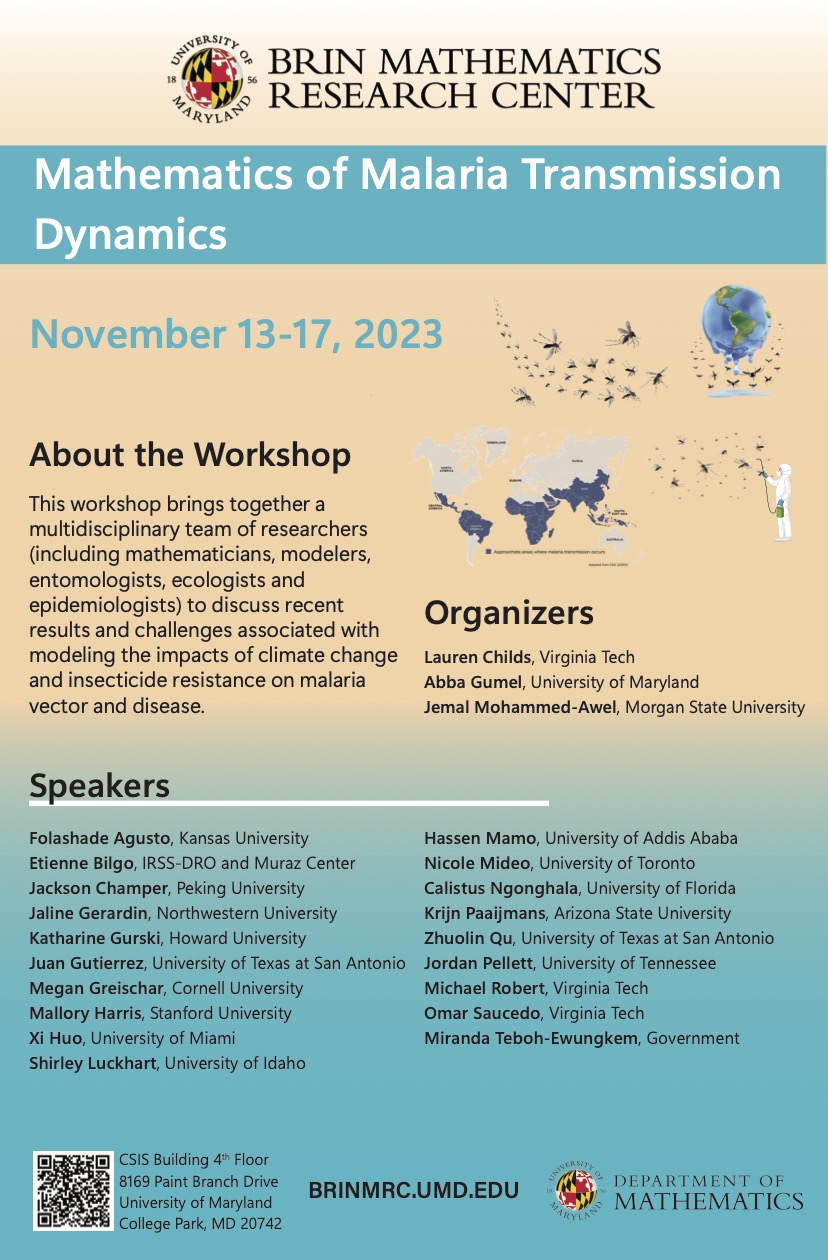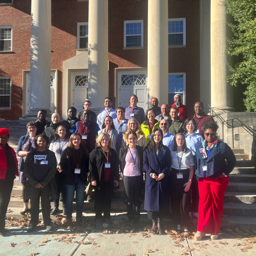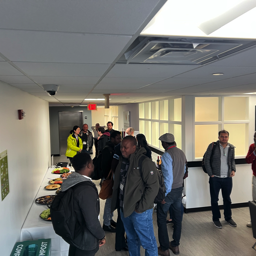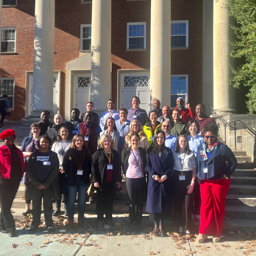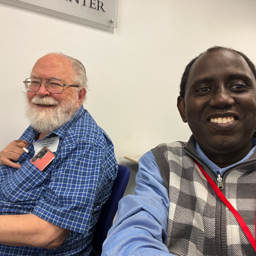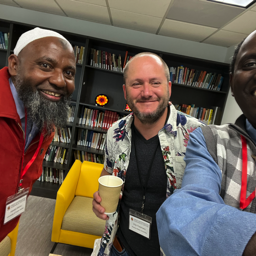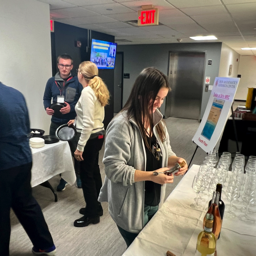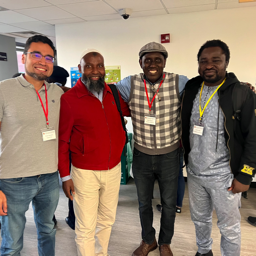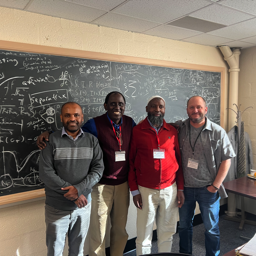Mathematics of Malaria Transmission Dynamics
November 13, 2023 - November 17, 2023
Organizers:
Malaria, a parasitic disease spread between humans via the bite of infected adult female Anopheles mosquitoes, is one of the deadliest infectious diseases of mankind. The widespread and large-scale use of chemical insecticides in malaria-endemic areas has resulted in a dramatic reduction in malaria burden, prompting a renewed quest for malaria eradication. Unfortunately, the eradication effort faces numerous challenges, including widespread insecticide resistance, anthropogenic climate change (global warming significantly affects the lifecycle of the malaria vector and the parasite), human mobility, land use changes etc. This workshop brings together a multidisciplinary team of researchers (including mathematicians, modelers, entomologists, ecologists, and epidemiologists) to discuss recent results and challenges associated with modeling the impacts of climate change and insecticide resistance on malaria vector and disease. Some of the specific topics to be discussed include:
Genomic-epidemiology modeling framework for the population abundance of the malaria vector
Formulating and fitting models for malaria spread that incorporate climate change and insecticide resistance. Modeling impacts of climate change on the global distribution of malaria mosquitoes and disease burden.
Optimal deployment of insecticide-based resources (long-lasting insecticidal nets, indoor residual spraying etc.)
Biological methods of vector control: gene-drive based approaches (CRISPR-Cas9, release of transgenic mosquitoes, sterile insect technology and Wolbachia-based control).
Emergence and evolution of parasite drug resistance and impact on malaria spread. Quantifying the impacts of immunity and parasite diversity on drug resistance evolution
Speakers:
- Folashade Agusto, Kansas University
- Yuan Allegretti, Berkeley University and Peking University, China
- Etienne Bilgo, IRSS-DRO and Muraz Center, Burkina Faso
- Jackson Champer, Peking University, China
- Jaline Gerardin, Northwestern University
- Katharine Gurski, Howard University
- Juan Gutierrez, University of Texas at San Antonio
- Megan Greischar, Cornell University
- Mallory Harris, Stanford University
- Neil Hobbs, Swiss Tropical and Public Health Institute, Switzerland
- Xi Huo, University of Miami
- Shirley Luckhart, University of Idaho
- Hassen Mamo, University of Addis Ababa, Ethiopia
- Nicole Mideo, University of Toronto, Canada
- Krijn Paaijmans, Arizona State University
- Zhuolin Qu, University of Texas at San Antonio
- Jordan Pellett, University of Tennessee
- Michael Robert, Virginia Tech
- Omar Saucedo, Virginia Tech
- Miranda Teboh-Ewungkem, Lehigh University and Department of Defense
Poster:
